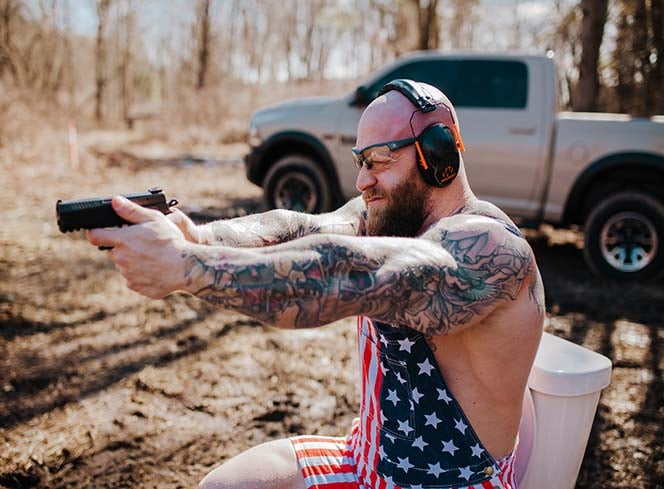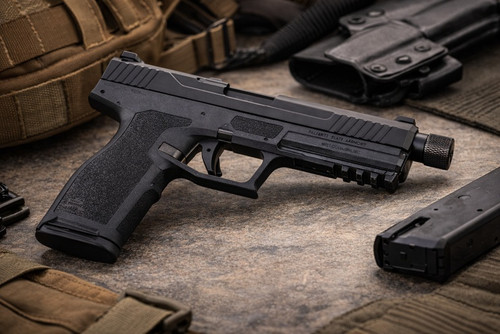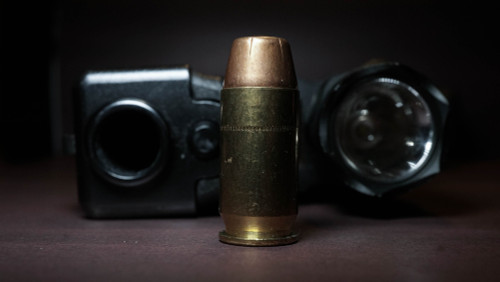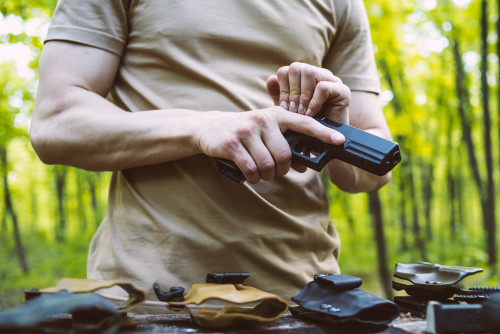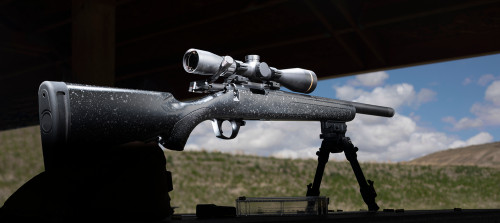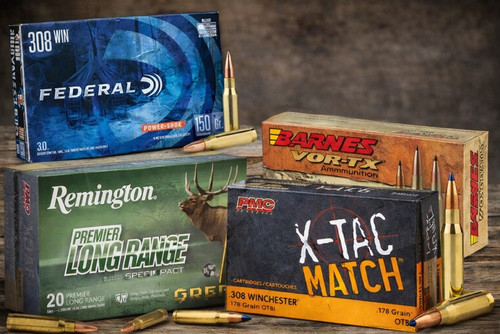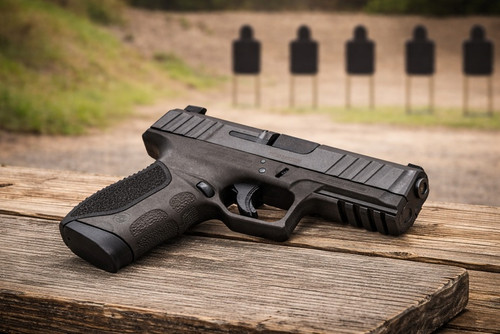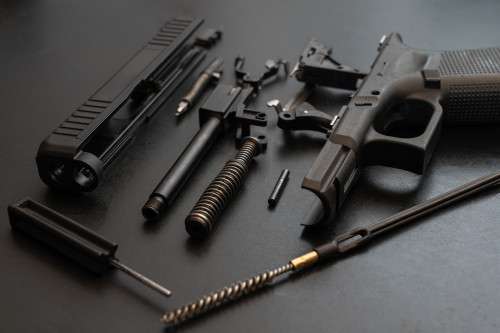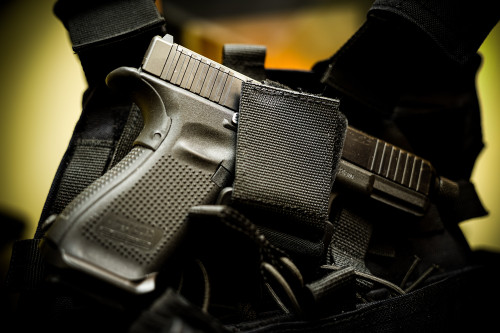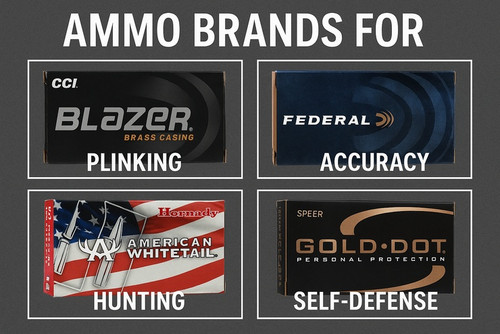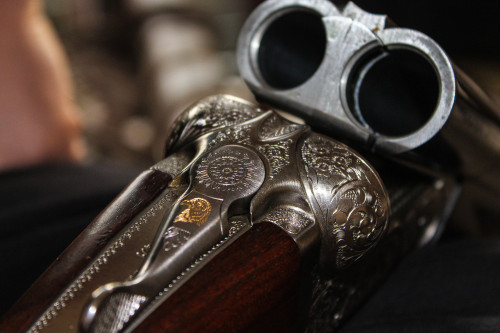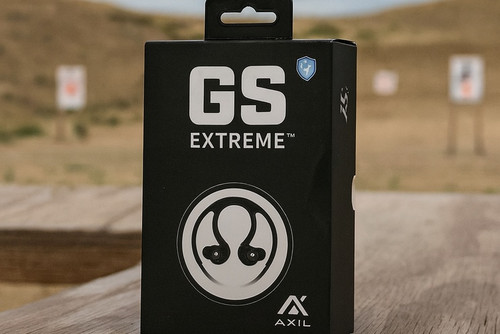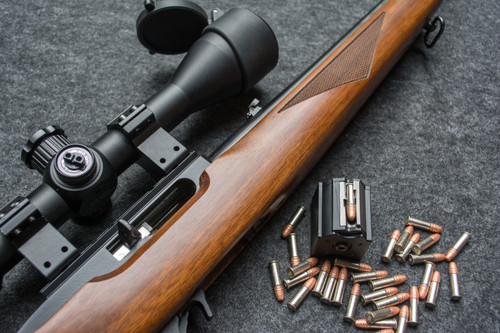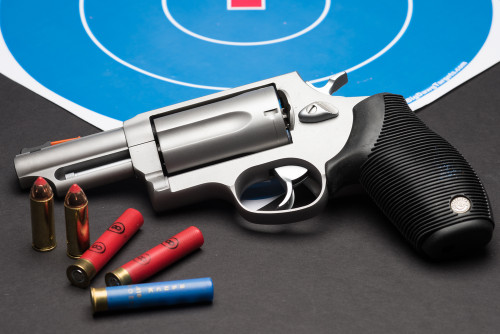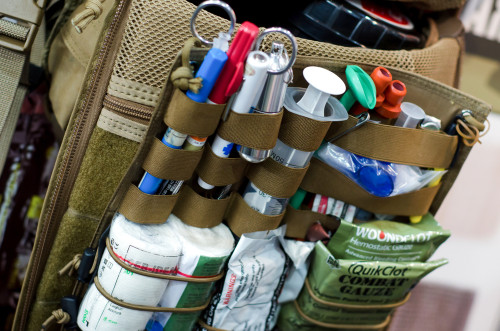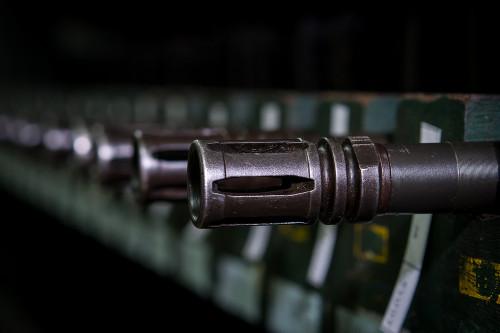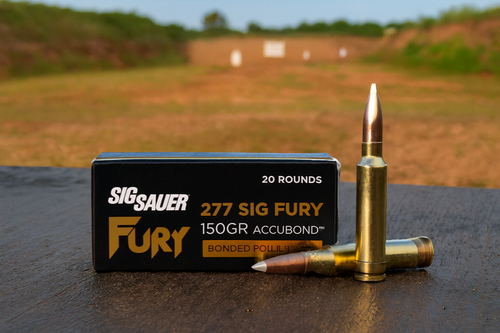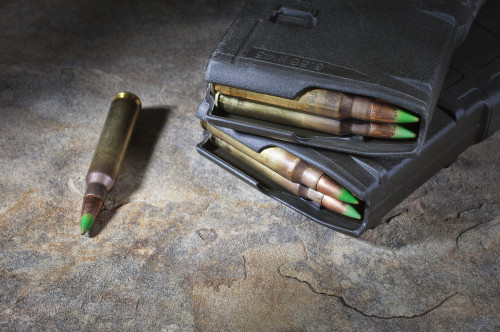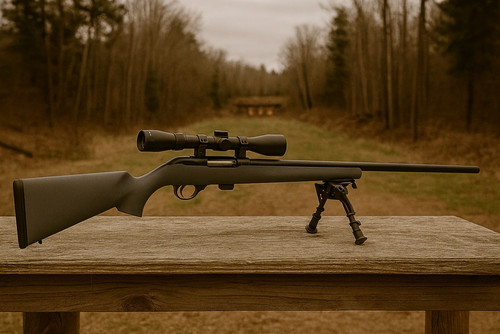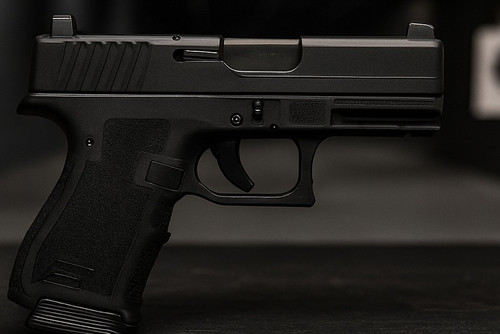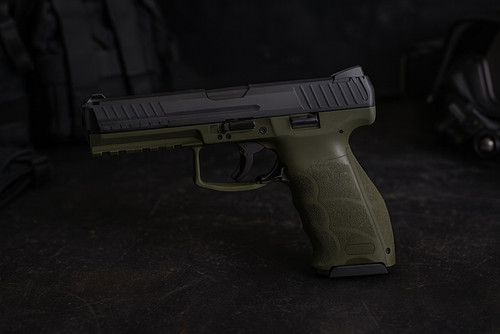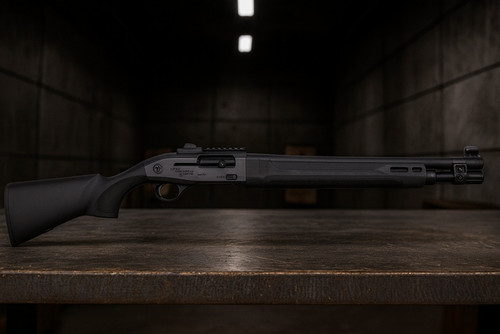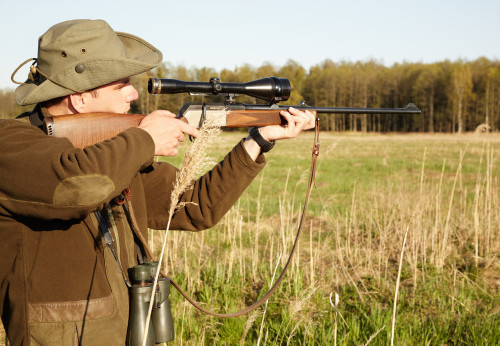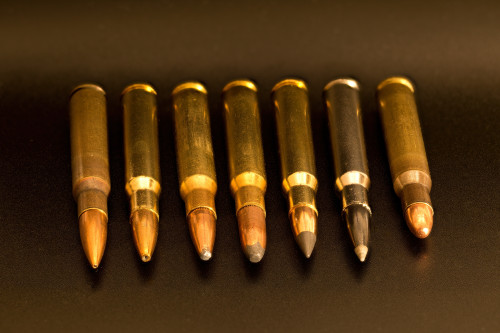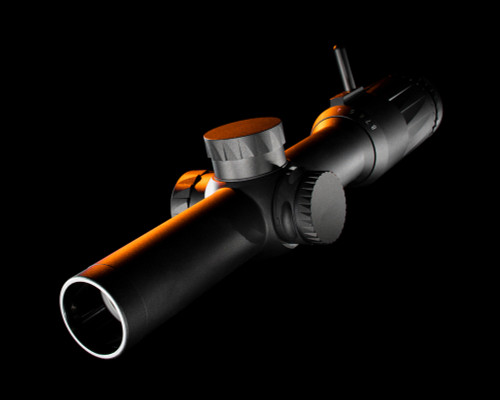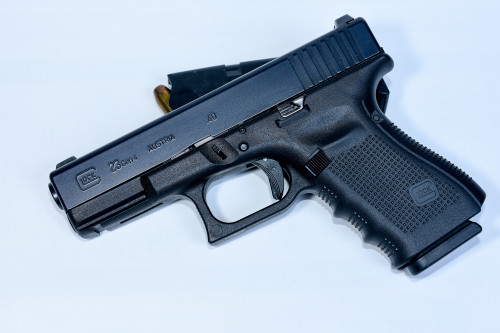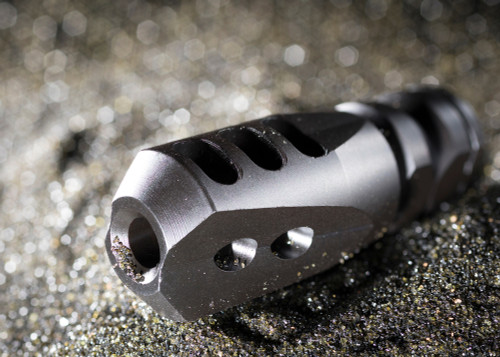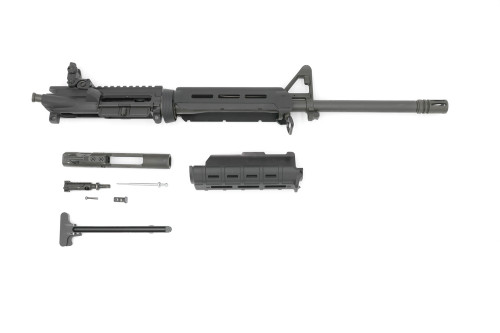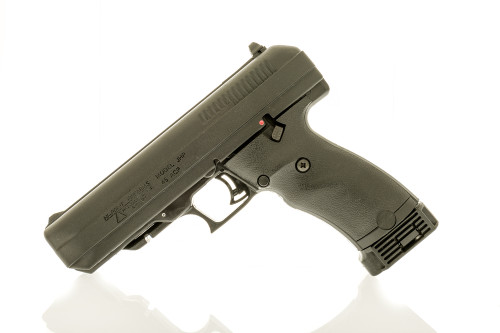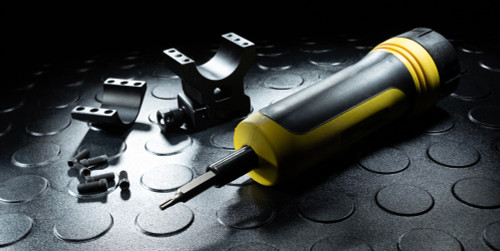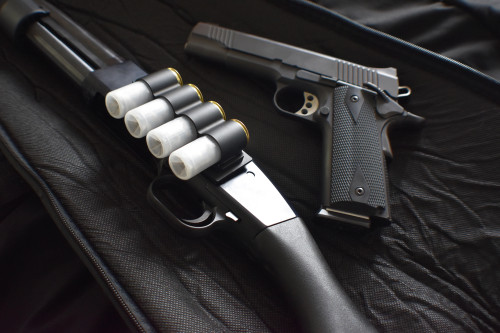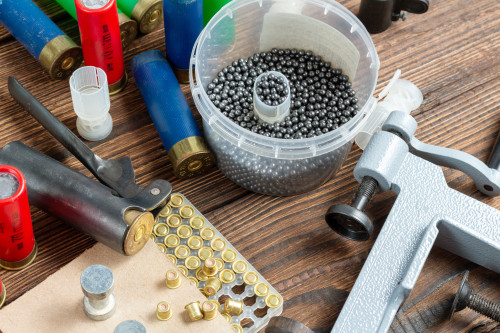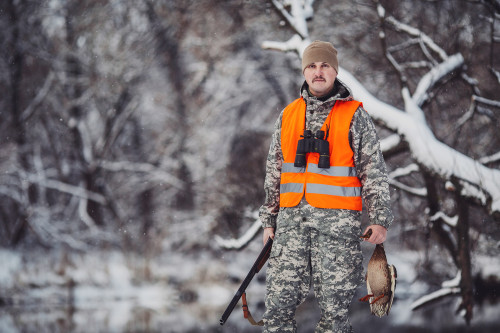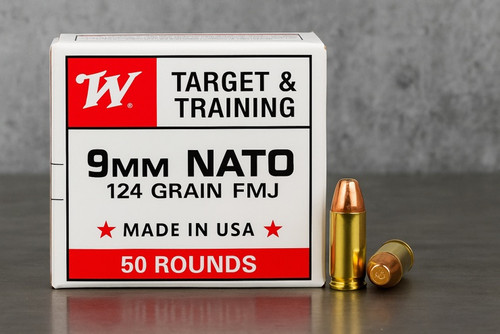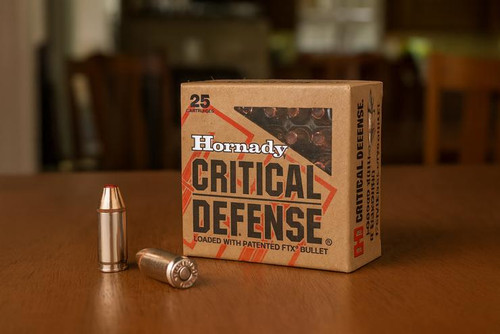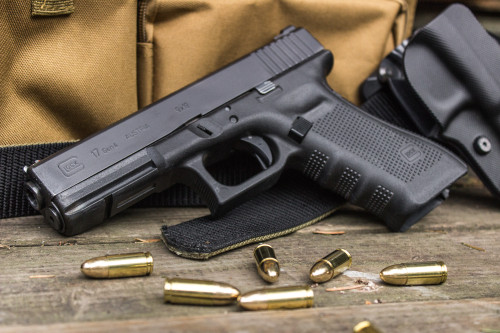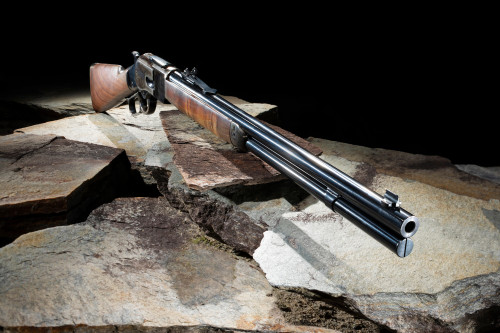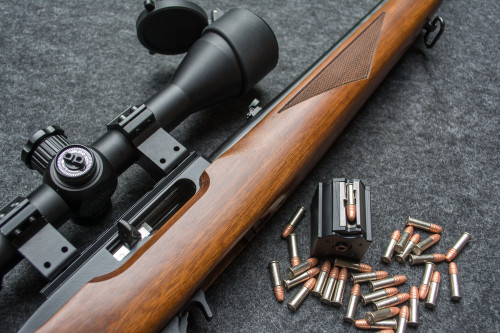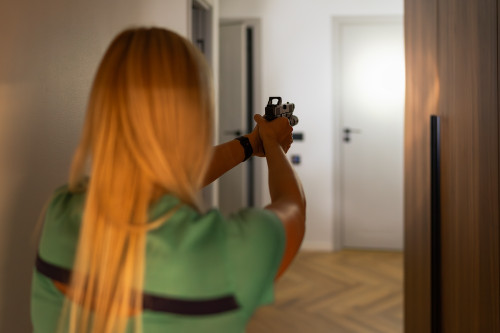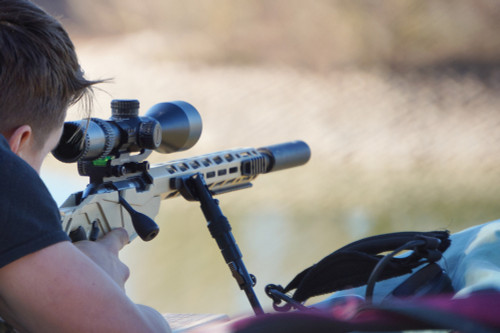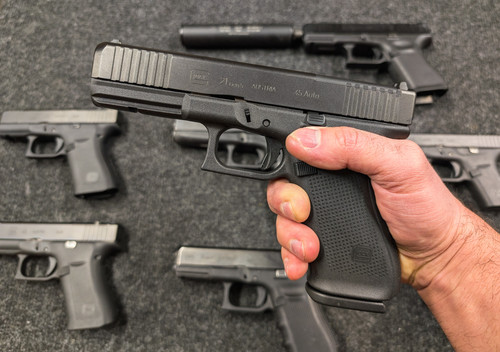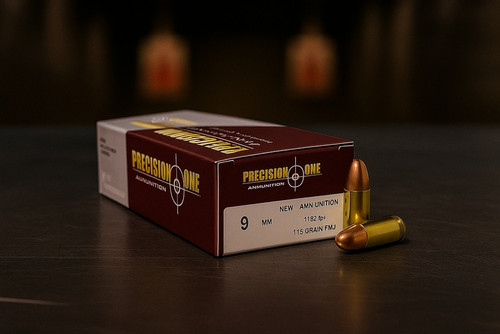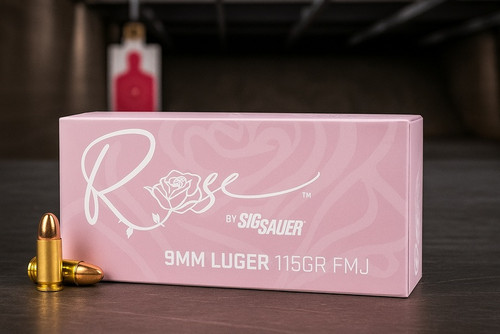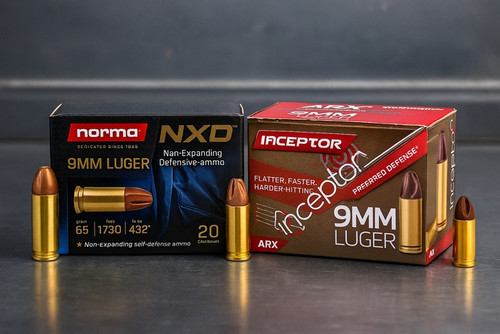The .380 ACP—also known as .380 Auto, 9mm Short, or 9x17mm—is one of the most enduring and practical pistol calibers for concealed carry. Compact in size and manageable in recoil, this cartridge has remained a go-to for decades among those seeking a lightweight, easy-to-carry self-defense solution.
But how does .380 ammo perform ballistically? What kind of muzzle velocity and energy can you expect? And is it really enough for self-defense?
This comprehensive guide will answer those questions and more—covering everything from cartridge history and ballistic performance to practical self-defense insights, terminal ballistics, and the best .380 ammo options on the market.
What Is .380 ACP? A Compact Caliber with Real-World Purpose
Developed by John Browning in 1908 for the Colt Model 1908 Pocket Hammerless, the .380 ACP (Automatic Colt Pistol) was designed as a small, low-recoil cartridge ideal for pocket pistols and concealed carry.
Key Specs of .380 ACP:
- Caliber Size: 9×17mm (shorter than 9mm Luger)
- Bullet Diameter: 0.355 inches
- Common Bullet Weights: 85, 90, 95, and 100 grains
- SAAMI Pressure Rating: 21,500 psi
- Typical Barrel Lengths: 2.7–3.5 inches in modern carry pistols
Despite being considered “mild” compared to service calibers like 9mm Luger, the .380 ACP is far from obsolete. With modern bullet technology and the right application, it’s a very capable cartridge.
.380 ACP Ballistics: Velocity and Energy Performance
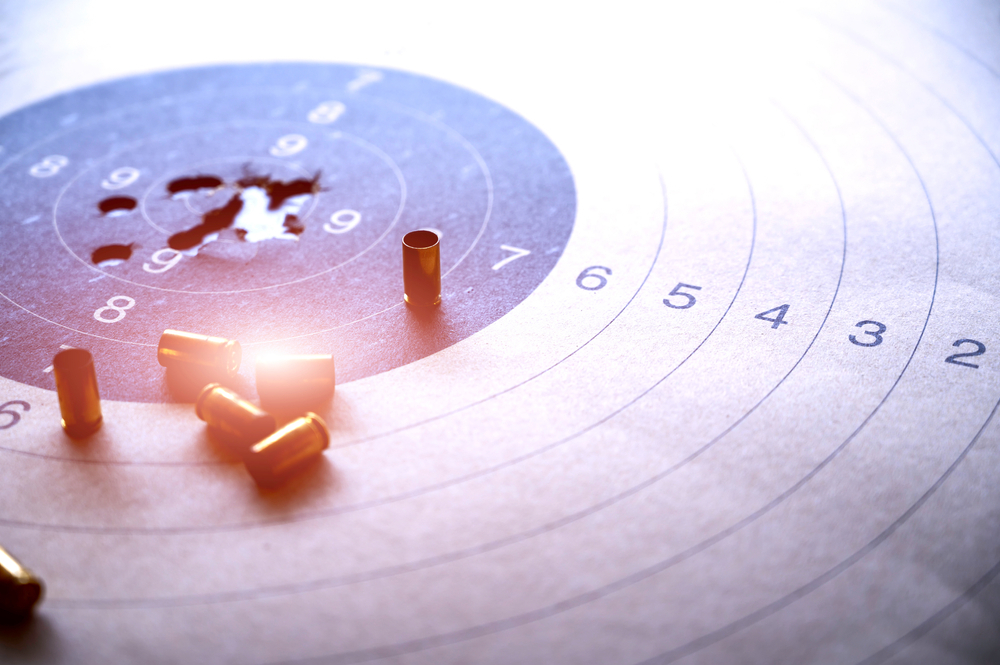
| Bullet Weight | Bullet Type | Muzzle Velocity (fps) | Muzzle Energy (ft-lbs) |
|---|---|---|---|
| 85 gr | JHP | 1,000 – 1,050 | 200 – 210 |
| 90 gr | JHP / FTX | 925 – 1,000 | 180 – 200 |
| 95 gr | FMJ / JHP | 900 – 950 | 170 – 190 |
| 100 gr | JHP / FMJ | 880 – 920 | 165 – 180 |
Ballistic data gives shooters a clearer understanding of how a round performs once it leaves the barrel. For .380 Auto, that includes its velocity, energy, and how it performs in short-barreled pistols.
Quick Facts:
- Muzzle energy typically falls between 170–220 ft-lbs
- Most defensive loads function best in barrels 3 inches or longer
- Modern loads improve both expansion and penetration even from subcompact pistols
What Affects .380 ACP Ballistic Performance?
Several factors influence how .380 ACP performs, both on paper and in real-world defensive situations:
1. Barrel Length
Short barrels reduce velocity, which can directly affect terminal performance. A difference of just an inch can result in up to 75 fps of lost velocity, which may prevent expansion in hollow point bullets.
- 2.7” barrel: 90 gr JHP ≈ 925 fps
- 3.5” barrel: 90 gr JHP ≈ 1,000 fps
2. Bullet Type Matters
Choosing the right bullet design can mean the difference between effective stopping power and underwhelming performance:
- FMJ (Full Metal Jacket): Ideal for target shooting. Penetrates deeply but lacks expansion.
- JHP (Jacketed Hollow Point): Designed to expand upon impact, though expansion may be inconsistent under 900 fps.
- Polymer-Tipped JHPs (e.g., Hornady FTX): Initiate expansion more reliably at lower velocities.
- Solid Copper Fluted Rounds (e.g., Underwood Xtreme Defender): Use fluid displacement to cause tissue disruption without expanding.
3. Ammunition Brand & Quality
Premium manufacturers optimize their defensive .380 ammo for short-barrel reliability and ballistic consistency. Look for ammo lines like:
- Federal Premium HST Micro
- Hornady Critical Defense
- Speer Gold Dot
- Underwood Xtreme Defender
How Does .380 ACP Compare to Other Defensive Calibers?
| Caliber | Bullet Weight | Velocity (fps) | Energy (ft-lbs) | Recoil | Primary Use |
|---|---|---|---|---|---|
| .380 ACP | 85–100 gr | 900 – 1,050 | 170 – 220 | Low | Concealed Carry (CCW) |
| 9mm Luger | 115–147 gr | 1,100 – 1,300 | 330 – 400 | Medium | Duty, CCW |
| .38 Special | 110–158 gr | 850 – 1,000 | 200 – 280 | Medium | Revolvers, Home Defense |
| .32 ACP | 60–73 gr | 900 – 1,000 | 120 – 150 | Very Low | Backup, Deep Concealment |
| .22 LR | 36–40 gr | 1,000 – 1,200 | 100 – 130 | Minimal | Training, Backup |
Verdict: The .380 ACP offers more energy than .22 LR or .32 ACP and is easier to control than 9mm, making it ideal for concealed carry in micro-compact handguns.
Terminal Ballistics: Real-World Effectiveness of .380 ACP
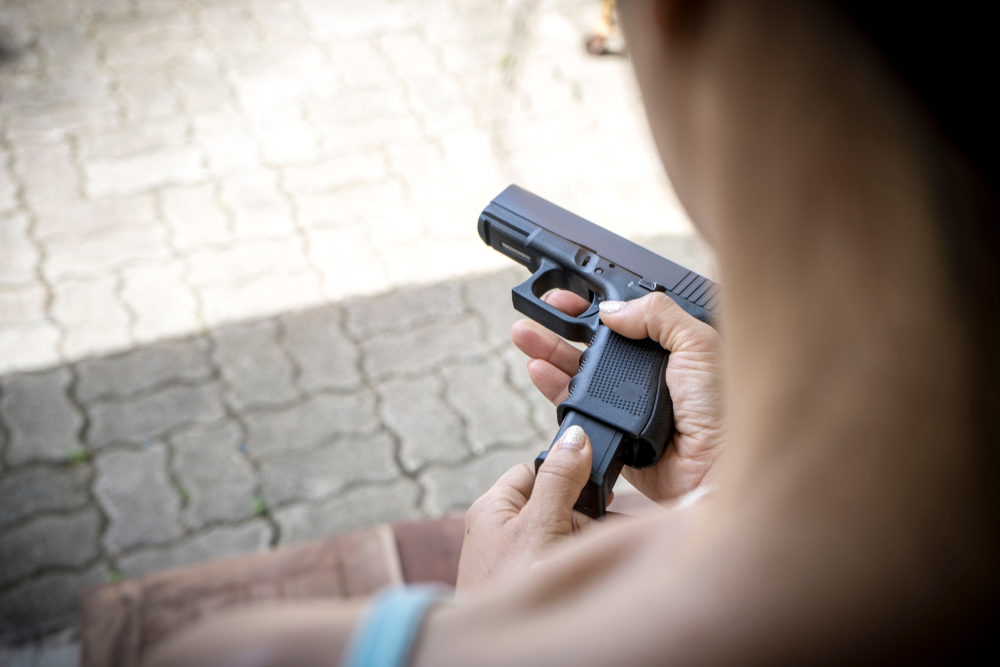
The true measure of a defensive round is what it does after it hits a threat.
FBI Gel Test Standards:
- 12 to 18 inches of penetration in ballistic gel is ideal.
- Many standard .380 JHPs fail to meet this when fired from short barrels.
- Premium rounds like Federal HST Micro and Hornady Critical Defense reliably penetrate 12 inches or more in gel while also expanding.
Shot Placement Is Critical
With the .380 ACP, the key to stopping a threat lies in accurate, well-placed shots. While its lower energy may reduce the margin for error, consistent performance from high-quality ammo can make it a very effective defensive tool—especially at close range.
Realistic Effective Range for .380 Auto
- Optimal Defensive Range: 3 to 7 yards
- Usable Range: Up to 25 yards with practice
- Limitations: Drop-off in energy and accuracy at longer distances, especially in micro pistols
Most defensive encounters happen within 10 feet, which is where .380 ACP performs best—fast, controllable follow-up shots with adequate stopping power.
Top .380 ACP Ammo for Self-Defense and Training
Best Defensive Loads:
- Federal HST Micro 99 gr JHP
Reliable expansion and 12+ inch penetration - Hornady Critical Defense 90 gr FTX
Polymer tip ensures consistent expansion - Speer Gold Dot 90 gr JHP
Trusted law enforcement-grade bonded bullet - Underwood Xtreme Defender 90 gr
Non-expanding but creates large wound channels
Best Range Ammo:
- Blazer Brass 95 gr FMJ
- PMC Bronze 90 gr FMJ
- Remington UMC 95 gr FMJ
Practice with FMJ ammo but carry JHP or fluted loads for defense. Always test your carry ammo in your specific firearm for reliability.
Final Thoughts: Ballistics and Practical Performance of the .380 ACP
When it comes to real-world concealed carry, the .380 ACP provides a compelling balance between firearm size, recoil control, and effective short-range power. While it doesn’t match the raw ballistics of a 9mm or .40 S&W, the .380 makes up for it with advantages that matter to everyday carriers:
- Comfortable, lightweight pistols that disappear under clothing
- Manageable recoil that encourages training and shot accuracy
- Advancements in modern ammunition that dramatically improve terminal performance
Thanks to decades of innovation in bullet technology, the .380 ACP is no longer “just enough”—it’s more than enough when paired with the right load and wielded by a confident, practiced shooter. For self-defense at close range, particularly in situations where discretion, size, and ease of carry are paramount, the .380 Auto remains an excellent choice.
Whether you’re a first-time gun owner, a seasoned concealed carrier, or someone seeking a backup pistol, the .380 ACP offers versatility and real-world effectiveness that shouldn't be underestimated.
Shop .380 ACP Ammo with Confidence
At ProArmory, we offer a carefully selected lineup of the best .380 ACP ammo available—whether you’re looking for trusted self-defense loads or bulk FMJ for the range. Browse products from leading brands like Federal, Hornady, Speer, PMC, and Underwood at competitive prices.
Shop .380 ACP Ammo Now — and equip yourself with ammunition you can trust when it matters most.
Frequently Asked Questions
Is .380 ACP good for self-defense?
Yes, the .380 ACP is a viable self-defense round when paired with high-quality defensive ammunition. While it delivers less energy than larger calibers like 9mm, modern loads—such as Hornady Critical Defense and Federal HST Micro—offer reliable expansion and sufficient penetration at close range, making it a popular choice for concealed carry and recoil-sensitive shooters.
What is the typical muzzle velocity and energy of .380 Auto?
Most .380 ACP rounds travel between 900 and 1,050 feet per second (fps) and generate 170 to 220 foot-pounds (ft-lbs) of muzzle energy. Velocity and energy depend on bullet weight, ammunition brand, and barrel length.
What’s the best barrel length for .380 performance?
Barrels around 3.0 to 3.5 inches offer the best ballistic performance for .380 ACP. Shorter barrels reduce velocity, which can affect bullet expansion, especially in hollow point loads. Compact carry pistols with slightly longer barrels often strike the ideal balance between performance and concealability.
Is .380 ACP the same as 9mm?
No. While both use .355" diameter bullets, the .380 ACP (9x17mm) is shorter and operates at lower pressure than the 9mm Luger (9x19mm). They are not interchangeable, and each must be fired in its corresponding firearm.
What are the top .380 ACP ammo choices for self-defense?
Some of the best self-defense .380 Auto loads include:
- Hornady Critical Defense 90 gr FTX
- Federal Premium HST Micro 99 gr JHP
- Speer Gold Dot 90 gr JHP
- Underwood Xtreme Defender 90 gr
These rounds are designed for reliable performance in short-barreled pistols, offering optimal expansion or tissue disruption.



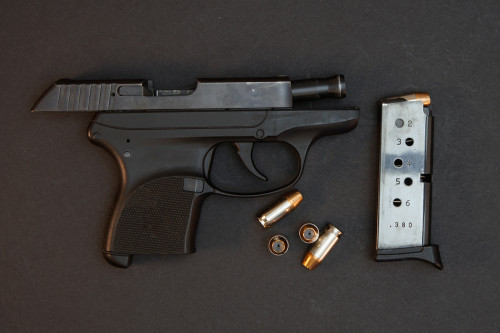
 Pro Armory Editorial Team
Pro Armory Editorial Team